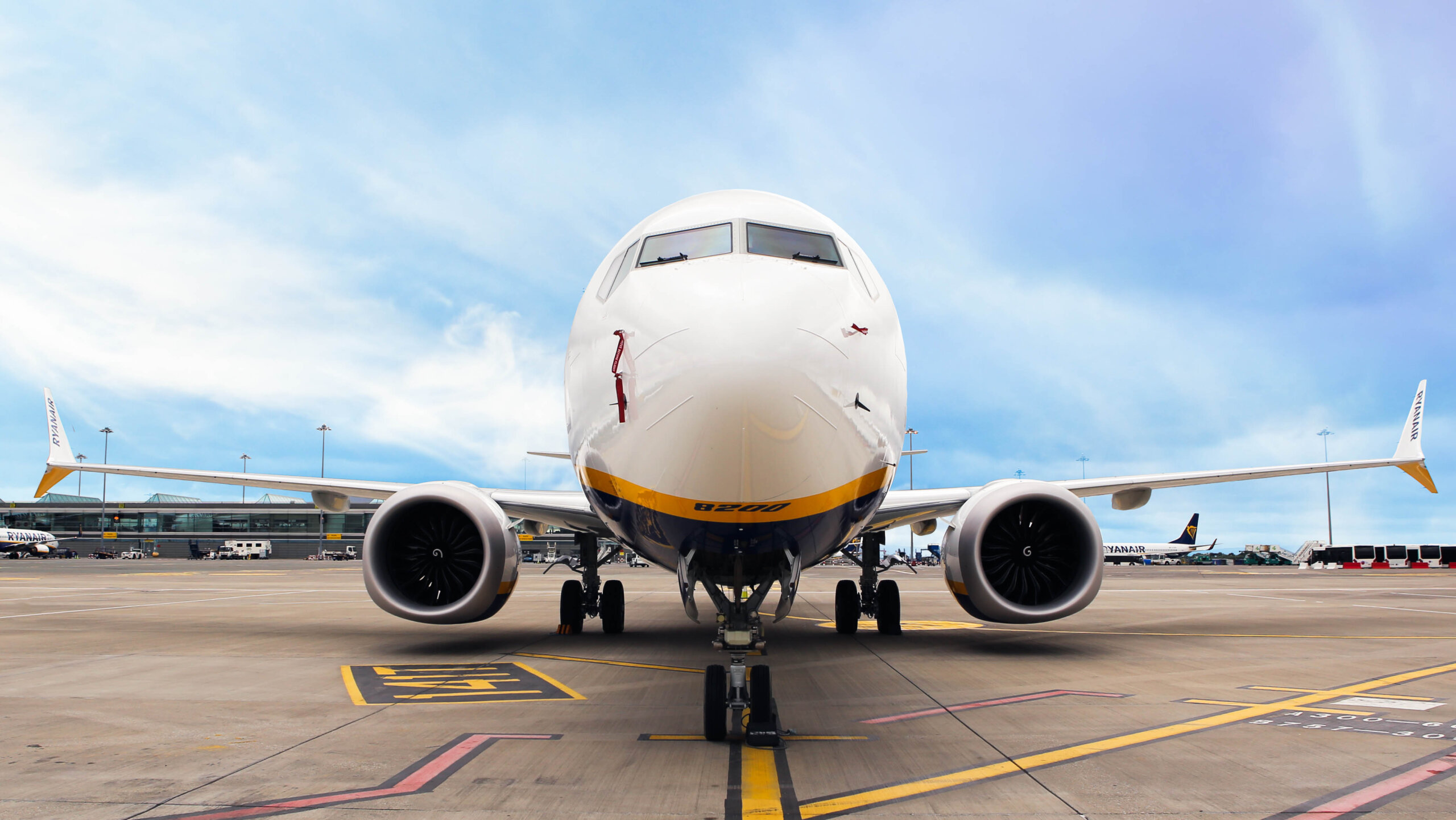RYANAIR CUTS CAPACITY IN BERLIN BY 20% AS GERMAN GOVT AND AIRPORT MANAGEMENT FAIL TO REDUCE SKY-HIGH ACCESS COSTS
AIRPORT LOSES 750K SEATS, 6 ROUTES, AND 2 BASED AIRCRAFT AS RYANAIR SWITCHES CAPACITY TO COMPETITOR EU STATES WITH LOWER OR ZERO AVIATION TAXES
Ryanair, Europe’s No.1 airline, today (August 27), announced it is cutting 20% of its traffic at Berlin Brandenburg airport due to its sky-high access costs, which the German Govt and airport management have failed to reduce. These cuts will see Ryanair’s based aircraft at Berlin reduced from 9 to 7, resulting in the loss of 750k seats and 6 routes (Brussels, Chania, Kaunas, Krakow, Luxembourg, Riga), as Europe’s largest airline switches its capacity to other lower cost EU countries like Italy, Poland and Spain. This announcement follows several warnings by Ryanair that Germany would lose another 10% of Ryanair’s German capacity (1.5 million seats) for Summer 2025 if the German Govt failed to reverse the recent 24% increase in Aviation Tax (and ultimately abolish it), address soaring ATC charges, (+100% since 2019) and defer a 50% increase in the Security Fee cap (from Jan 2025).
Germany’s air travel recovery is the slowest in Europe at just 82% of its pre-Covid levels, and Berlin airport is one of the worst recovered airports in Europe, lagging far behind the rest of its German and European counterparts. Due to excessive access costs and chronic mismanagement, the bankrupt airport, which opened 10 years late and cost €6.5bn (over 3 times the original estimate) is heavily underutilised and has less passengers than much smaller European cities like Dublin (32m), Manchester (28m) or Copenhagen (27m). Whilst other European cities are lowering access costs, costs in Berlin are out of control, with Aviation Tax and ATC costs double their pre-Covid level and Security Fees many multiples higher than those at other capital city airports.
Ryanair’s CEO Eddie Wilson said:
“At a time when Berlin should be growing, Ryanair is left with no choice but to cut capacity by 20% due to these sky-high air access costs. It’s a disgrace that one of Europe’s major cities such as Berlin has one of the slowest recoveries, at only 71% vs Pre-Covid levels.
Ryanair presented a 7-year growth plan for Germany to both the Federal Minister for Special Affairs and the Mayor of Berlin in January 2024, but despite this, there has been no meaningful engagement from either the federal or local governments, or from airport management, which instead plans to increase charges rather than reduce costs to attract more traffic. As a result, Germany’s capital city will now lose traffic and tourism. These reductions will further damage Germany’s air travel, inbound tourism, economy, and post-Covid recovery, while competitor EU capitals, with much lower or zero aviation taxes/fees, will benefit from the growth in Ryanair traffic, which is being redirected from this high-cost, uncompetitive market.”

